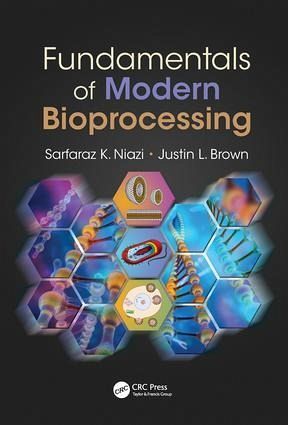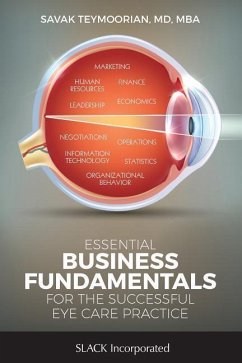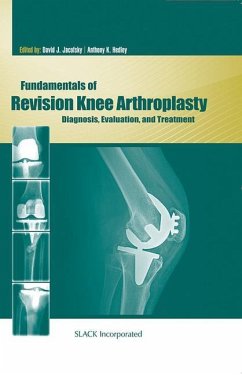
Fundamentals of Modern Bioprocessing
Versandkostenfrei!
Versandfertig in 1-2 Wochen
257,99 €
inkl. MwSt.

PAYBACK Punkte
129 °P sammeln!
Biological drug and vaccine manufacturing has quickly become one of the highest-value fields of bioprocess engineering, and many bioprocess engineers are now finding job opportunities that have traditionally gone to chemical engineers. Fundamentals of Modern Bioprocessing addresses this growing demand. Written by experts well-established in the field, this book connects the principles and applications of bioprocessing engineering to healthcare product manufacturing and expands on areas of opportunity for qualified bioprocess engineers and students. The book is divided into two sections: the fi...
Biological drug and vaccine manufacturing has quickly become one of the highest-value fields of bioprocess engineering, and many bioprocess engineers are now finding job opportunities that have traditionally gone to chemical engineers. Fundamentals of Modern Bioprocessing addresses this growing demand. Written by experts well-established in the field, this book connects the principles and applications of bioprocessing engineering to healthcare product manufacturing and expands on areas of opportunity for qualified bioprocess engineers and students. The book is divided into two sections: the first half centers on the engineering fundamentals of bioprocessing; while the second half serves as a handbook offering advice and practical applications. Focused on the fundamental principles at the core of this discipline, this work outlines every facet of design, component selection, and regulatory concerns. It discusses the purpose of bioprocessing (to produce products suitable for human use), describes the manufacturing technologies related to bioprocessing, and explores the rapid expansion of bioprocess engineering applications relevant to health care product manufacturing. It also considers the future of bioprocessing-the use of disposable components (which is the fastest growing area in the field of bioprocessing) to replace traditional stainless steel. In addition, this text: Discusses the many types of genetically modified organisms Outlines laboratory techniques Includes the most recent developments Serves as a reference and contains an extensive bibliography Emphasizes biological manufacturing using recombinant processing, which begins with creating a genetically modified organism using recombinant techniques Fundamentals of Modern Bioprocessing outlines both the principles and applications of bioprocessing engineering related to healthcare product manufacturing. It lays out the basic concepts, definitions, methods and applications of bioprocessing. A single volume comprehensive reference developed to meet the needs of students with a bioprocessing background; it can also be used as a source for professionals in the field.












